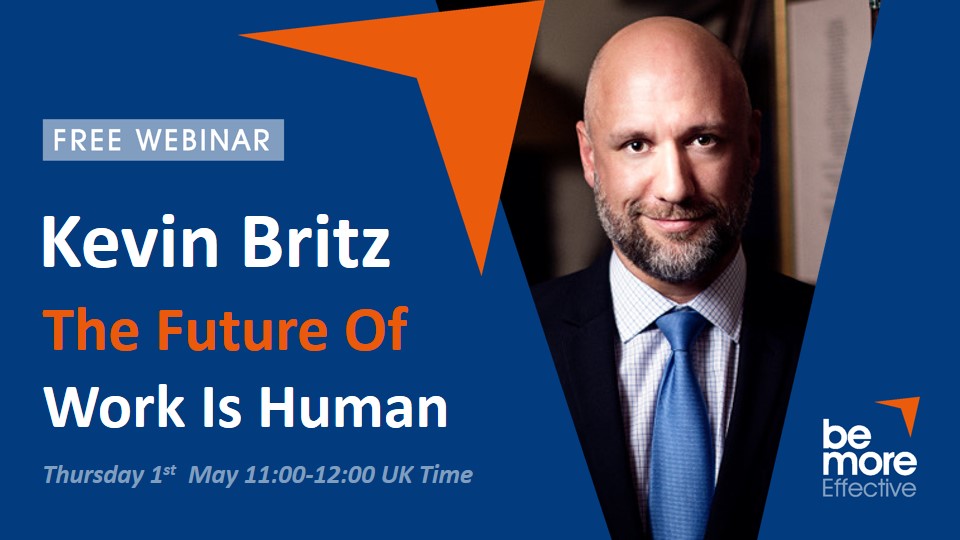The Benefits of Assessment Centres in the Recruitment Process

Assessment centres have been used as a means to recruit staff for decades. That’s because they make it possible to evaluate a lot of people in a variety of skills simultaneously. They also do something that couldn’t be done in any other way. They create a group environment.
It’s fairly easy to hide who you really are when you’re by yourself in an interview; but in a group, the dynamics change. Some people emerge as leaders. Some hide in the corner. And some talk constantly or interrupt others.
Problem-solving and communication skills are different in a group situation than they are in an individual one, too. The group environment is just one of several benefits of assessment centres.
What are some of the others?
One benefit is that this method is more reliable than any of the others for predicting success at work. Of particular concern to managers is that, given the high cost of recruiting, the person who is eventually hired should be the one who fits the job and the culture of the organisation the best.
An old mantra in Human Resources’ circles has been to hire for attitude and to train for skill.
The belief is that the employment pool of those with the needed skills is higher than the one that includes those who have the right attitude. In any case, skills can be taught; attitudes to a much lesser extent. And so getting the best person on both counts the first time more than offsets the extra time and expense of using an assessment centre.
A third benefit is that assessment centres enable you to compare candidates with reasonable objectivity.
No selection method, apart from blind evaluation is entirely objective. You make a judgement about someone, whether you’re hiring or not, the first time you meet him or her. You make a judgement about someone from a picture. We’re all like that, no matter how objective we think we are. Seeing people together, however, lets you see how two or more of them handle a similar situation.
A fourth benefit is that these Centres enable you to test verbal and numerical skills.
Rather than doing this on one person at a time, as you might if you were considering only one candidate, the approach provides a venue to assess an entire group. That can be valuable because you can compare the scores of those within a cohort, and not just against the norm tables, if the test has any.
A fifth benefit is that they’re flexible.
You can include as many or as few activities or tests as you wish. Granted, you can do this on an individual basis, too, however the problem is that you may be reluctant to do so even if the selection process would be improved as a result. So having a group of candidates together helps your decision-making.
A sixth benefit is that the ratio of assessors to participants is easier to control.
Suppose, for example, that you want to hire someone for a mid-level, non-managerial role. You might want that person’s potential manager to be in on the interview. You might want the CTO or CFO to be there. You might want the HR manager and one or two team members also to be present. One person facing a team of five or six others can be daunting.
Even though you may have perfectly legitimate reasons for including this many people in the selection process, the candidate may still feel as though the organisation is ganging up on him or her. In such circumstances, that person may not perform as well as he or she could.
That means that you could fail to hire the best person as a result.
You may well be expecting a seventh benefit - the use of psychometric testing.
This is a minefield when it comes to evaluating personality. Few tests, for example, are valid and reliable. Tests that are valid measure what they claim to measure. Questionnaires that are reliable give the same or similar results within the margin of error on the same people over time. Both validity and reliability are problems with tests that ask people to evaluate what they would do. That’s because so much goes into the equation at the time. In other words, it all depends.
What they tell you that they’d prefer to do on a test may be the opposite of what they’d really like to do. If they want the job badly enough, then they’ll tell you anything.
The advantage with profile testing as part of an assessment centre, it’s what psychologists call consistency.
People tend to do things in the present that are congruent with their past behaviour. By observing them operate in the activities you can check the validity and accurate of any profile test they have completed. While you might fool a personality questionnaire it is highly unlikely that you could fool those observing your behaviour throughout a series of group activities spread over a few hours.
Used in the right way and with good activities, tools and observers’ assessment centres are the most reliable way to select the right applicant; that person who is highly likely to succeed in the new job.
If you want to explore the use of Assessment Centres further – please contact me here
For more information please send a message via the Contact Us Page. Or you can register for an upcoming webinar.


